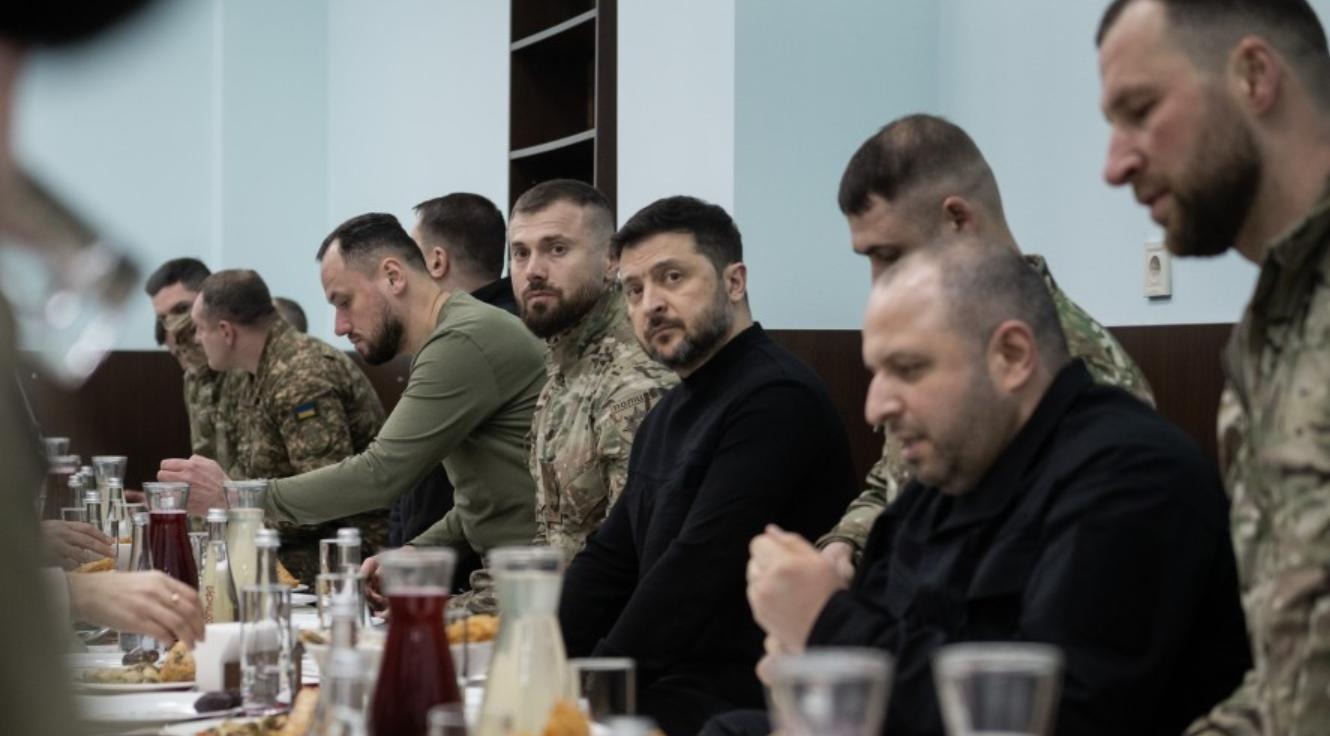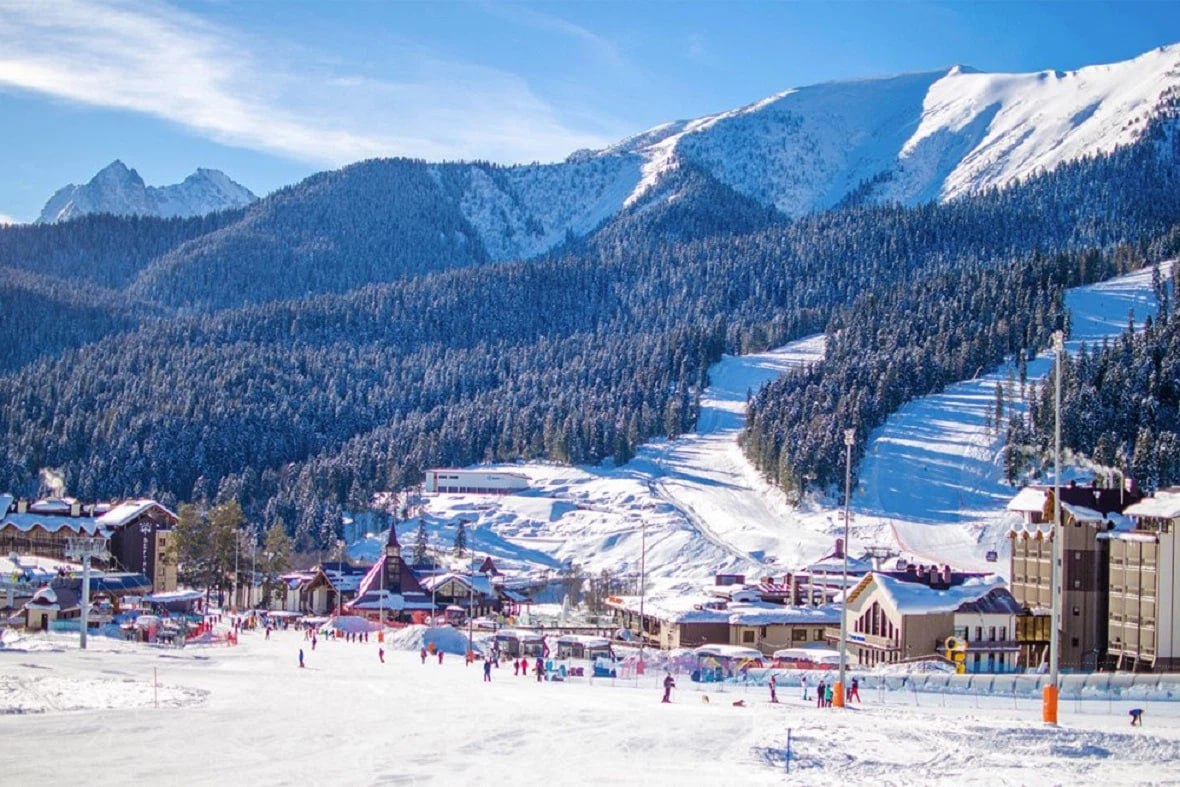The Southern District Military Court sentenced Dagestani resident Said-Apendi Aliadzhiev to 13 years in a maximum-security prison colony on charges of terrorism and extremism.

The new road connecting the mainland of Azerbaijan with the Nakhchivan Autonomous Republic has received the loud name "Trump Route for International Peace and Prosperity" (TRIPP). However, the details of the functioning of this route remain vague.
Armenian officials categorically deny the use of the term "corridor" and assure that we are not talking about any extraterritorial regime. The bilateral memorandums between the United States and Armenia do not specify the functional features of the road, which leaves room for different interpretations.
The demands of Turkey and Azerbaijan boil down to the fact that passengers and cargo must pass without inspection by Armenian services. Armenia limits itself to a statement that all points of the memorandum comply with national legislation, but does not disclose who exactly will carry out border control.
If the control is carried out by the Armenian side, it is an ordinary road. If not, TRIPP actually turns into an extraterritorial corridor. Yerevan's silence suggests that Azerbaijan and Turkey have received exactly this regime.
According to Sputnik Armenia, the US influence on the route will be rather formal: the road should fit into the concept of the Middle Corridor, bypassing Iran and Russia, and become an element of the global logistics network. The publication notes that, despite the registration of TRIPP as a road under the jurisdiction of Armenia, Yerevan will not actually put stamps on passenger or cargo crossings.
The opinion on this issue was voiced in early September by the Iranian Ambassador to Armenia Mehdi Sobhani, who is completing his diplomatic mission in Yerevan. In an interview with ISCA News, he noted that neither the document signed in Washington nor the peace agreement between Baku and Yerevan mentions a "corridor". According to him, it is only about opening transport routes, while full control over them remains with the Armenian side, including passport, customs and security aspects.
After the opening of the "Trump route", the Azerbaijani side did not directly comment on the issue of implementing border control in this area. However, it is noteworthy that on September 1, at the SCO summit in China, Aliyev used the term "Zangezur corridor", stating that it would become an important element of the Middle and North-South transport routes, strengthening peace and regional cooperation. His words at the same summit were criticized by Armenian Prime Minister Pashinyan, recalling that in the joint declaration of Armenia, Azerbaijan and the United States, signed on August 8 in Washington, the parties agreed to use the term TRIPP. According to him, this should contribute to "creating a constructive atmosphere and continuing the work." The Armenian prime minister emphasized that Aliyev's interpretation does not correspond to the agreements reached in the United States.
Recall that on August 8 in Washington, the leaders of Armenia, Azerbaijan and the United States signed a joint declaration on a peaceful settlement of the conflict. According to the document, Armenia grants the United States exclusive long-term rights for 99 years to develop the route along which Baku plans to establish land communication with Nakhichevan. The project will be managed by a consortium to which the American side will sublease the land.



